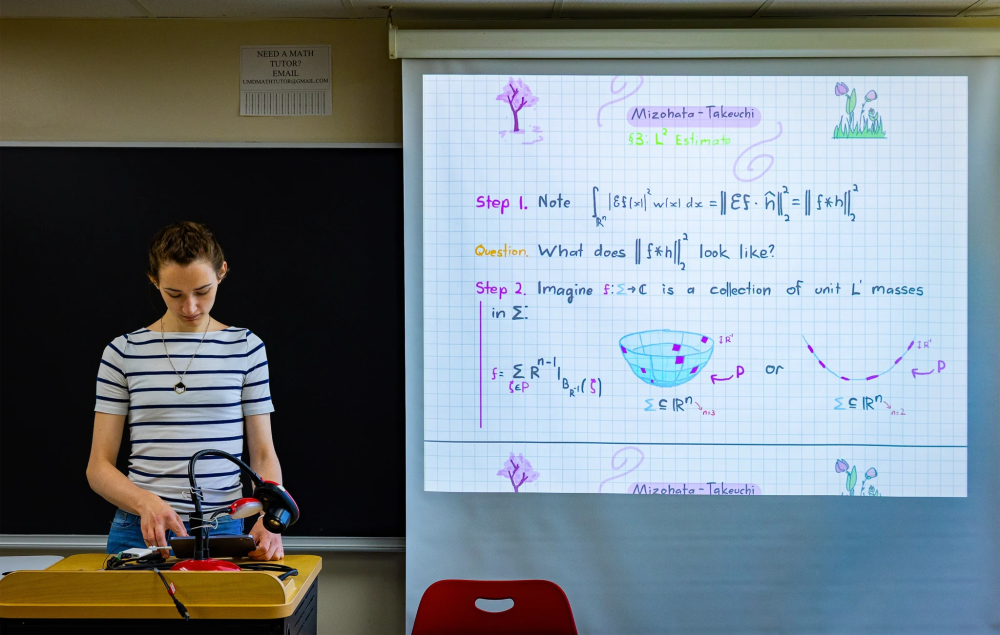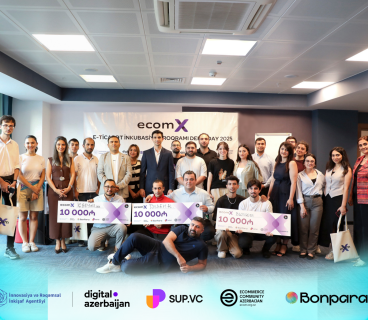Hannah Kairo, a 17-year-old who grew up in the Bahamas and was homeschooled, has achieved a rare feat in the world of mathematics. She has disproved the Mizohata–Takeuchi conjecture, a field of Fourier constraint theory that has been open since the 1980s. The conjecture claimed that the energy distribution of waves can only occur within certain spaces and constraints.
Kairo has shown a keen interest in mathematics since childhood—she took calculus at age 11 and undergraduate mathematics at age 14. After moving to the United States with her family, she participated in high-level programs such as the Berkeley Mathematical Circle. After joining Professor Ruixiang Zhang’s graduate course at the University of California, Berkeley in 2024, she began working on a simplified version of the conjecture.
She demonstrated by constructing a special counterexample that the constraints in the conjecture do not hold in reality. This result disproved not only this problem, but also the Stein conjecture, which is considered an important one in mathematics. Experts have called the discovery “a very elegant and rare” result.
Hannah applied directly to doctoral studies without a high school diploma or undergraduate education. Only the University of Maryland and Johns Hopkins University accepted her. She will begin her doctoral studies at the University of Maryland in the fall.
This success not only shows the possibility of great scientific achievements at a young age, but also opens the way for new research directions in the world of mathematics.







